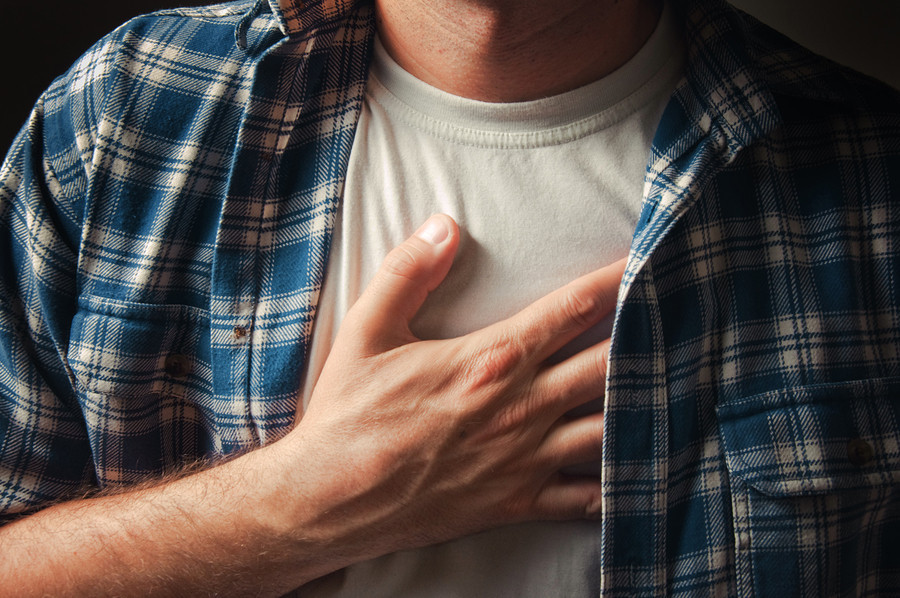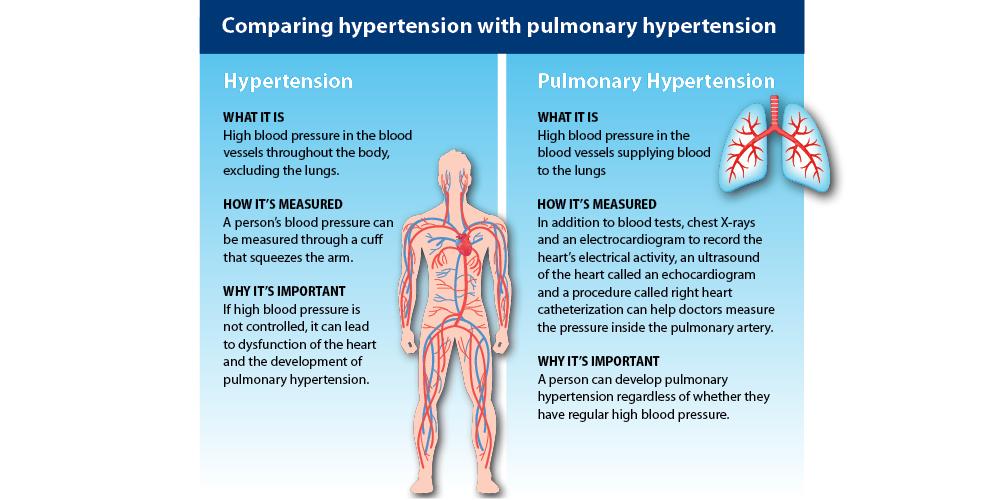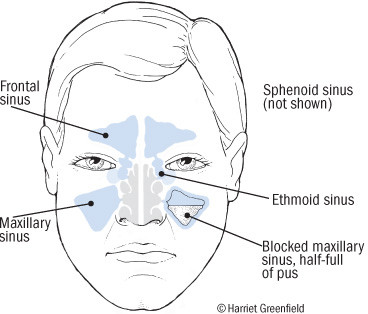Temporomandibular joint dysfunction (TMD) is a term that encompasses pain and dysfunction in the muscles of mastication and the temporomandibular joints. The primary symptoms include pain, restricted mandibular movement, and noises from the temporomandibular joints during jaw movement. Although TMD is not life-threatening, it can significantly impact quality of life.
One common cause of TMD is bruxism, the habitual grinding or clenching of teeth, particularly during sleep. This unconscious habit can lead to a variety of symptoms, such as sore or sensitive teeth, headaches, earaches, and neck pain. Over time, bruxism may result in more severe issues like sore gums, loose or broken teeth, and exacerbated jaw pain.
Stress is a significant contributing factor to teeth grinding and clenching. In tense times, people may experience increased bruxism, leading to cracked teeth, fillings, crowns, migraines, and pain in the face, neck, and jaw. Chronic stress can lead to fatigue, muscle tension, depression, and an exacerbation of TMD symptoms.
In cases of cervical artery dissection, unusual, persistent neck pain is often accompanied by a severe headache. This pain might spread along the side of the neck and up towards the outer corner of the eye. Similarly, a vertebral artery tear can feel like a sharp object stuck in the base of the skull.
The grinding or clenching of teeth can throw the temporomandibular joint (TMJ) out of balance, leading to muscle spasms and headaches. These symptoms are indicative of the broader impacts of bruxism on the facial complex.
Effective treatment and prevention strategies for bruxism and TMD include the use of mouthguards, stress management techniques, and medical interventions for more severe cases. Addressing underlying causes, such as stress or misalignment, is crucial for long-term relief.
For more information on TMD and bruxism, please visit Wikipedia, University of Rochester Medical Center, Harvard Health, University of Rochester Medical Center, Harvard Health, University of Utah Health, Harvard Health, UConn Today, and Go Ask Alice! for comprehensive insights.



